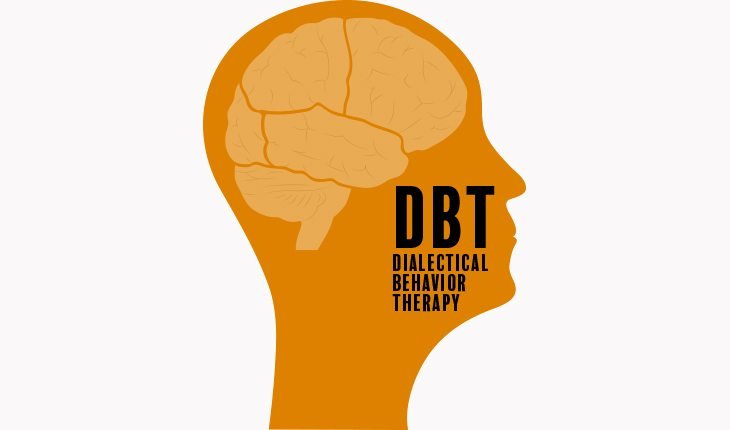What is DBT?
What is DBT?
Dialectical Behaviour Therapy, otherwise known at DBT, focuses on two important yet opposite strategies: acceptance and change.
DBT supports that our experiences and behaviours are valid but that we can also make changes in our lives to manage our emotions in order to move forward. Using skills acquired in DBT, allows for clients to effectively cope with difficult day to day situations.
DBT is a form of therapy that we offer at our clinic! Many of our counsellors utilize DBT in their approach, including: Mirelle, Mia, Shabana, Regina, Himel, Helen, Svetlana, and Gauri!
Goals of DBT therapy include four important stages:
1. To gain control of behavioural reactions
2. To experience emotions to their full extent
3. To understand that life is made up of ups and downs
4. To find a deeper meaning through our existence
DBT also utilizes four specific training skills:
1. Mindfulness: being aware and present in the moment
2. Distress Tolerance: how to tolerate pain, accepting and coping with situations that cannot be changed
3. Interpersonal Effectiveness: the ability to ask for what you need while also being able to say no to others in order to gain self-respect while maintaining relationships
4. Emotion Regulation: the ability to manage and change emotions so that they do not control our thoughts and behaviours
You may also be wondering, what is the difference between DBT and Cognitive Behavioural Therapy (CBT)?
While CBT focuses on learning ways to change one’s thoughts and behaviours, DBT focuses on the acceptance of those feelings and how one can manage their thoughts and behaviours through coping strategies. DBT gives you the power to accept what cannot be changed and the ability to manage your emotions.
Many individuals can benefit from DBT therapy. Those with Borderline Personality Disorder (BPD) are especially fit for this type of therapy, as well as those experiencing suicidal ideation, substance use, PTSD, depression, and eating disorders.
For more information on DBT or if you are interested in DBT therapy for yourself, contact our clinic! Radhika and Lolita use DBT and would be a good fit!
References
Dialectical behavioural therapy. CAMH. (2017). Retrieved from https://www.camh.ca/en/health-info/mental-illness-and-addiction-index/dialectical-behaviour-therapy
What is dialectical behavior therapy (DBT)? Behavioral Tech. (n.d.). Retrieved from https://behavioraltech.org/resources/faqs/dialectical-behavior-therapy-dbt/

